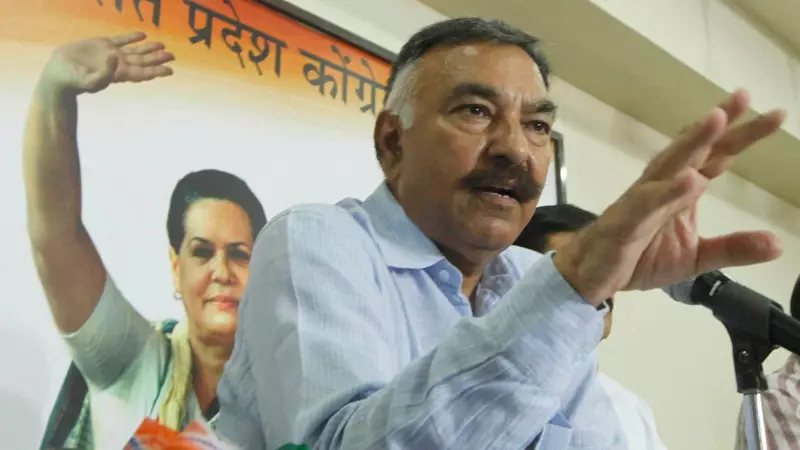
In a dramatic legal twist that has captured national attention, the Supreme Court of India has intervened to temporarily suspend the sentencing of former Gujarat Director General of Police Kuldip Sharma in a controversial wrongful confinement case dating back over three decades.
A Legal Reprieve After 32 Years
The apex court, comprising Justices Hrishikesh Roy and Prashant Kumar Mishra, issued the stay order on Monday, providing immediate relief to the 77-year-old former police chief. This development comes after a lengthy legal battle that has stretched across multiple judicial levels.
The case originates from 1992 when Sharma, then serving as the Vadodara police commissioner, was accused of wrongfully confining a man named Jayantilal Patel. The allegations suggested that Patel was detained illegally for approximately 36 hours during Sharma's tenure.
Lower Court Conviction and Subsequent Appeals
Earlier this year, a local court in Gujarat delivered a guilty verdict against the former DGP, convicting him under Section 342 of the Indian Penal Code, which deals specifically with wrongful confinement. The court had scheduled sentencing for July 15, potentially exposing Sharma to imprisonment.
Sharma's legal team immediately challenged the conviction in the Gujarat High Court, arguing multiple procedural and substantive legal points. However, when the High Court declined to grant interim relief against the sentencing, the matter escalated to the nation's highest judicial authority.
Supreme Court's Critical Intervention
The Supreme Court's intervention represents a crucial turning point in this decades-old legal saga. The bench not only stayed the sentencing but also issued notice to the Gujarat government, demanding their response to Sharma's appeal against the conviction itself.
The court has set a tight timeline for the proceedings, scheduling the next hearing for August 12. This accelerated schedule indicates the judiciary's recognition of the case's urgency and the advanced age of the former police official involved.
Broader Implications and Context
This case transcends individual legal proceedings, touching on broader questions about police accountability, judicial process timelines, and the challenges of adjudicating decades-old allegations. The 32-year duration between the alleged incident and the initial conviction highlights significant delays within the Indian judicial system.
Kuldip Sharma's career has been marked by both distinction and controversy. As a former DGP of Gujarat, he occupied one of the state's highest law enforcement positions, making the current legal developments particularly noteworthy within police and political circles.
The Supreme Court's decision to stay the sentencing while considering the appeal demonstrates the judiciary's careful approach to cases involving senior law enforcement officials and historical allegations. The upcoming August hearing promises to be a critical juncture in this long-running legal drama.






